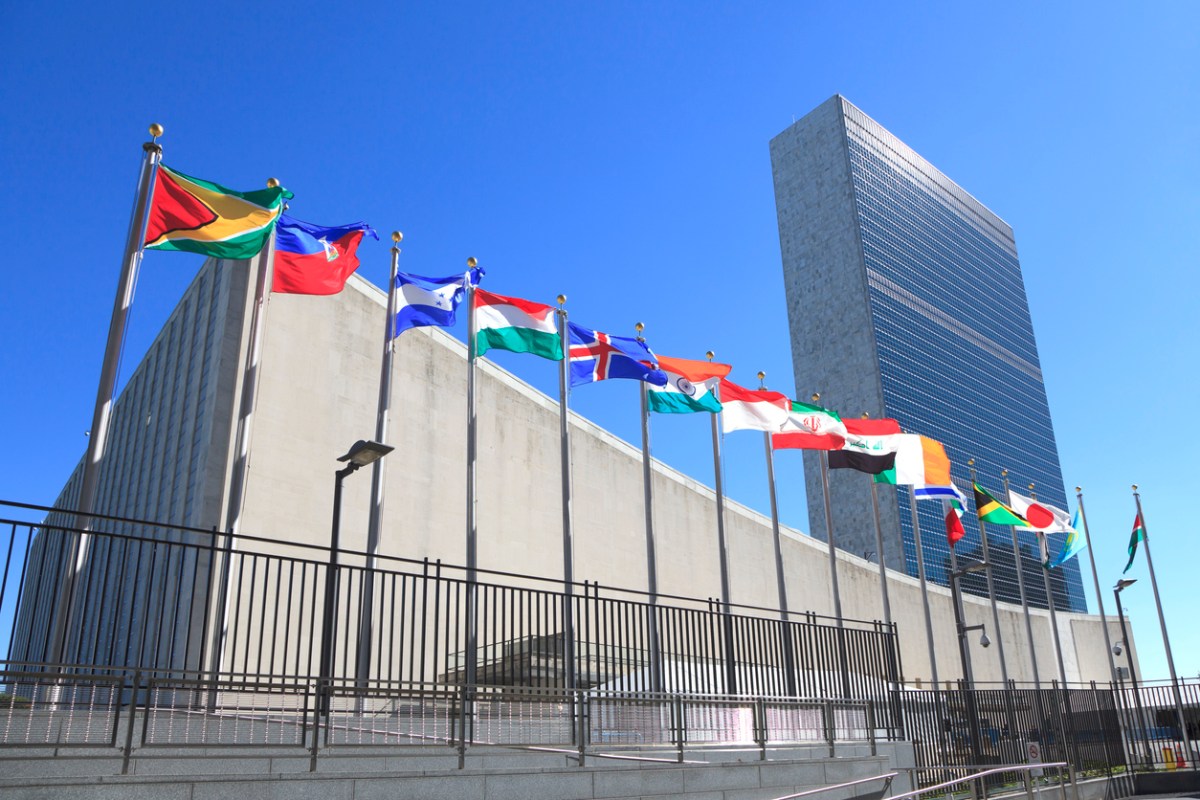With an overwhelming majority, the member states of the United Nations General Assembly just voted to declare the ability to live in “a clean, healthy and sustainable environment” is a universal human right.
And to get us there, the primary governing body of the UN also called on countries to do the hard work to protect the environment, and conserve biodiversity.
David Boyd, the UN Special Rapporteur on Human Rights and Environment, said, “Having a right to a healthy environment changes people’s perspective from begging governments to act to demanding governments to act.”
While UN resolutions are not binding, they can be powerful catalysts for positive change.
The 2010 resolution on the human right to water and sanitation led to constitutional and legal changes in countries including Costa Rica, Fiji, Mexico, Slovenia, Colombia and France.
The 1948 Universal Declaration of Human Rights also wasn’t binding, but that pivotal agreement established the foundation of human rights rules and norms for the next half century, and continues to do so.
General assembly resolutions don’t create binding obligations, this only happens through conventions and treaties.
The resolution has its origins dating back to the 1972 Stockholm Declaration. This particular resolution was led by five member states: Costa Rica, the Maldives, Morocco, Slovenia and Switzerland.
As extreme weather events continue to threaten a broader swath of the world;s population, some government’s are taking steps to enshrine environmental protection in their legal systems.
Brazil’s Supreme Court has ruled that the Paris Agreement on climate change is a human rights treaty. This leaves open the potential for it to overrule domestic laws.
Chile’s new draft constitution grants far-reaching environmental and social rights across health, education and housing. It offers constitutional recognition to indigenous communities, and grants nature itself the right to be protected and respected.

